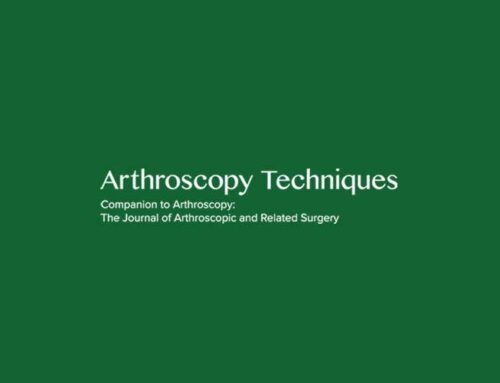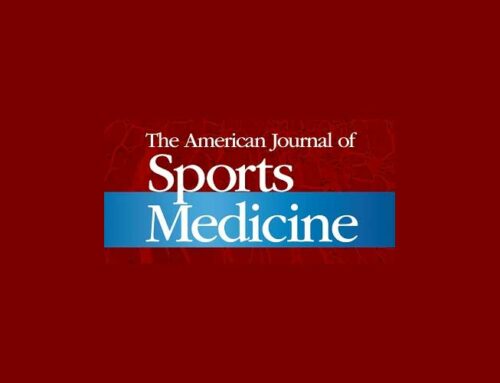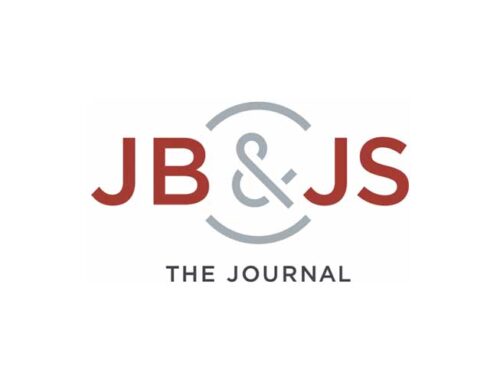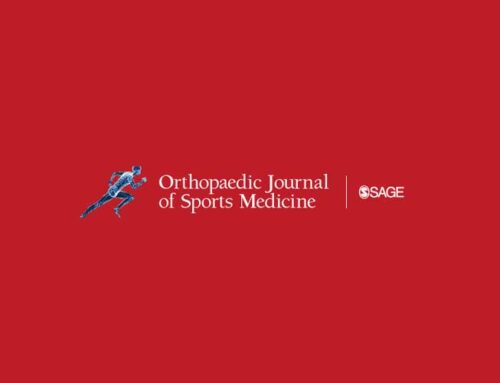PURPOSE:
The purpose of this study was to perform a retrospective case-control outcome analysis at a minimum 2-year follow-up using a validated hip arthroscopy outcome measure to determine whether arthritis or age is predictive of outcomes after hip arthroscopy for labral pathology.
METHODS:
We identified 176 consecutive patients undergoing hip arthroscopy for labral tears performed between 2001 and 2009 to complete the Modified Harris Hip Score (MHHS) and Hip Outcome Score questionnaires. Patients who underwent additional surgeries or reported an MHHS of less than 80 were compared with the control group of patients who achieved good to excellent surgical results on the MHHS (>80) to calculate odds ratios with 95% confidence intervals by use of the independent variables of patient age of 40 years or older and age below 40 years and the presence of grade 4 Outerbridge changes found at arthroscopy.
RESULTS:
Of 176 patients, 125 (71%) were contacted: 27 patients had undergone additional surgery in the follow-up period, and 98 completed questionnaires. The mean patient age at surgery was 40.9 years (range, 17.3 to 62.8 years) at a mean follow-up of 4.3 years (range, 2 to 10.4 years). Of 98 respondents, 71 (72%) obtained a good to excellent surgical outcome, with 84% reporting satisfaction. The presence of osteoarthritic changes at the time of arthroscopy was predictive of worse outcome scores compared with the nonarthritic cohort (odds ratio, 2.5; 95% confidence interval, 1.2 to 5.3; P = .02). Youth (age <40 years) is predictive of good to excellent results (odds ratio, 7; 95% confidence interval, 2.9 to 16.9; P < .0001).
CONCLUSIONS:
Of the 98 patients who completed the questionnaires in this study, 71 (72%) obtained good to excellent outcome scores. Overall satisfaction among patients undergoing hip arthroscopy was high (84%). Patients aged younger than 40 years did better than older patients, and arthroscopically identified arthritis was predictive of worse surgical outcomes.
LEVEL OF EVIDENCE:
Level III, case-control study.



